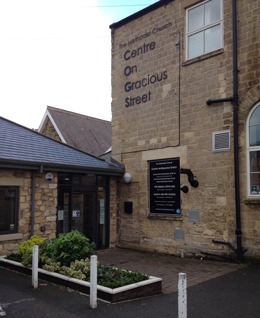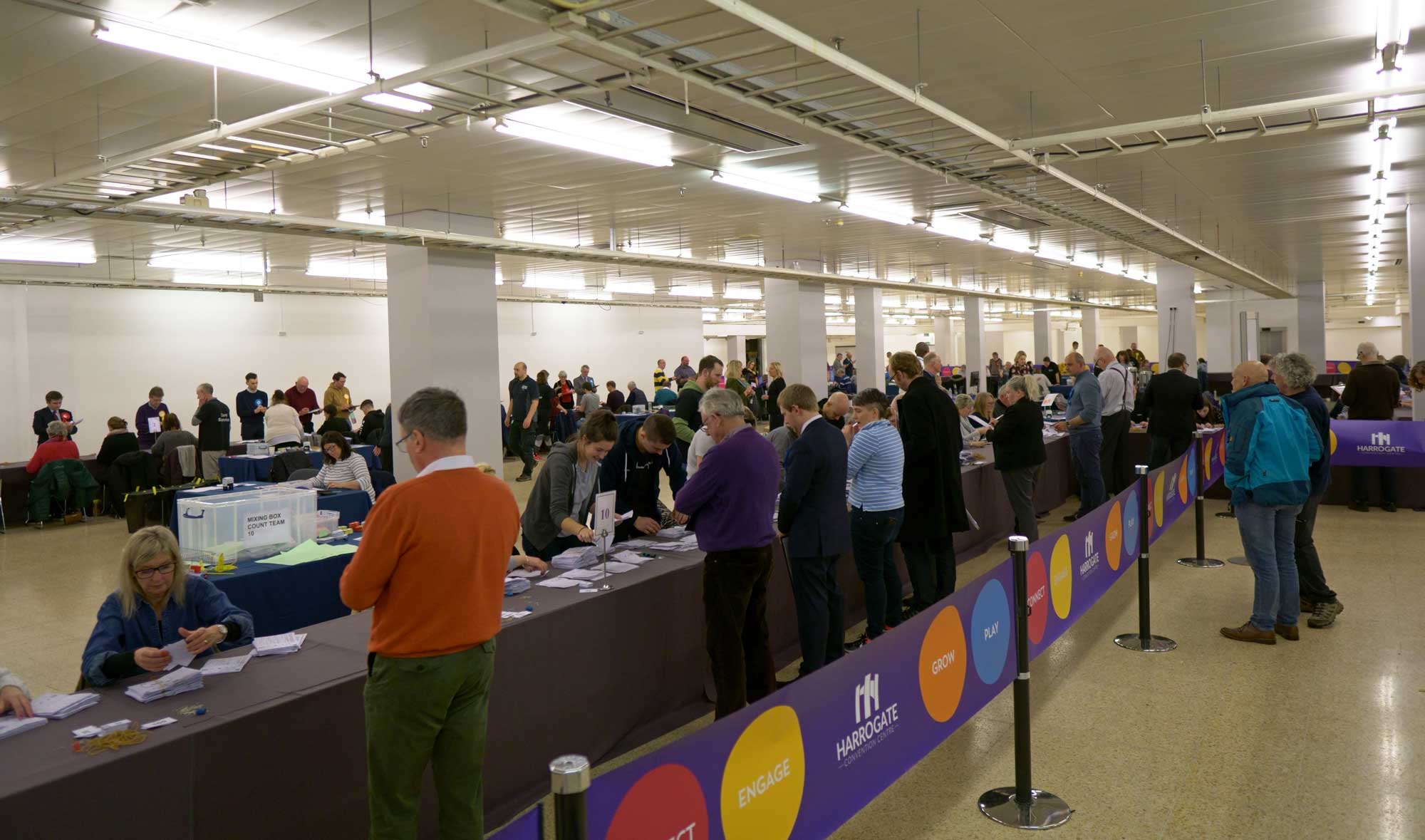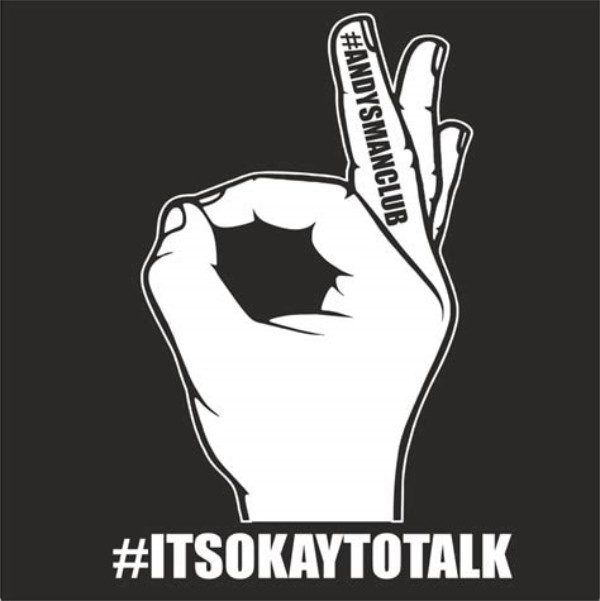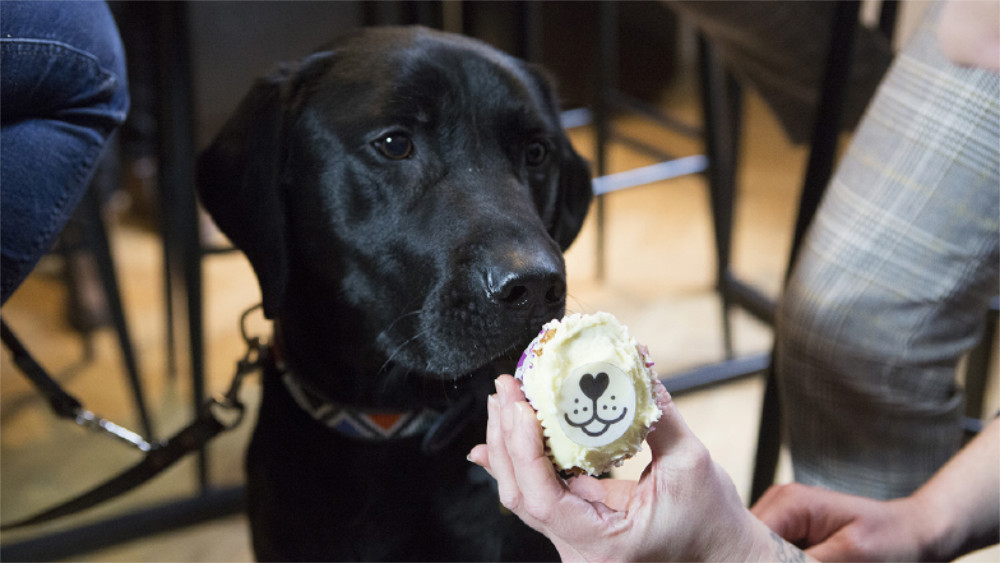Rev Gordon Hay from the Gracious Street Methodist Church in Knaresborough kindly took some time to talk to us about the challenges during the pandemic of running a church, how people are responding and how it may change people.
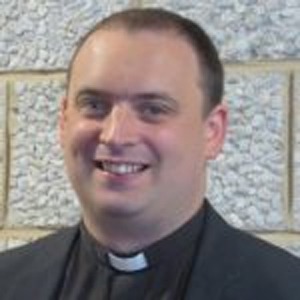
As a church, are you still managing to function in any way ?
Like all of society it has been a sudden jolt but we have and are adapting. Church often operates as a gathered community. So a key question has been how do we be a disperse community?
Now the answer to this question resonates with the early church. Though different they were disperse communities connected together over vast geographical areas. So letters were written to connect these communities together and we have a number fo these surviving letters and they make up a large portion fo the New Testament in the Bible.
So it feels like we are going back to the roots of Christianity. The Methodist Church around Harrogate and Knaresborough are being connected through social media and our phones.
Have you or are you using live streaming ?
Every morning at 8am we are live streaming morning prayer on our Nidd Valley Methodist Circuit Facebook page. This is helping many people to root their days in faith, giving them comfort and strength for their day ahead.
We are also streaming two Sunday services on Nidd Valley Methodist Circuit and Gracious Street Methodist Church. There is a morning service at 10am and an evening service at 6:30pm. We have had a good response to these services, seeing one another’s face helps to remain connected and many people are taking part in these services.
How do you feel that people are responding to what is asked from them to isolate ?
We have all had a massive and sudden jolt in our lives. So we all trying to adapt and this takes time. While it takes time my impression is that people are adjusting to what is being asked of them. Though our communities are dispersed there is a great community spirit around the Harrogate and Knaresborough area where people are looking out for one another. It is wonderful.
Being isolated at home is challenging for many, how does having faith make that easier ?
Isolation is a significant challenge for us all. It can have a massive impact on our physical and mental health. I am sure this won’t come as a surprise but I think faith does make isolations and other challenges, easier. Over the years I have had numerous people speak to me about their grieve over the death of a child and living with sever health issues. These people, and others, have consistently expressed that in the face of adversity their faith in God who is with them gives them immense strength. This is reinforced when I phone some of our most isolated and vulnerable people in the church. They tell me they are not alone and their faith strengthens them. So I think faith does make like easier.
Do you think more are returning to their faith at this time?
Some people do return to faith in times of challenge. I am aware of some people who are seeking faith again. But I am not sure, at present, how prevalent this is.
Once we are through this pandemic, how do you think it will have changed people?
In all the uncertainty, worry and disruption we are all adjusting and as times goes on we are asking questions of ourselves and of society. So I think invariable we will be changed people but how we will be changed I do not know. Though I do hope the spirit of community and compassion that is strongly evident continues to shape us all. When we readjust to life again it will be a good opportunity to ask question of our society rather than falling back into old habits. How can we reshape our society to respond effectively to climate change, energy, food consumption and waste, inequality, democracy, artificial intelligence and technology,
There are various theories on the epidemic, is there anything written in the scriptures that warned or explains the pandemic ?
The Bible is a catalogue of books written over vast periods of times and cultures that speaks of people’s experience and discovery of God and one another. So the Gospels tell us that Jesus summed up the law and prophets, books written of vast periods of time, as love God and one another. In essence I think the Bible is exploring the concept of relationships. So it has less to do with warning and explaining the pandemic and more to do with our repose to the pandemic. The bible is asking question of who is our neighbour? Where is God in our suffering and solitude? How do we perceive others? In our approach to Easter there is something of the story of Jesus that speaks of sacrificial love. I think we are seeing a number of people who responding to the Coronavirus with sacrificial love. We only have to consider our medical staff and health carers to see it but there are many others too. Yet most importantly is a message of hope and faith that in the end love will win. Are we prepared to hold onto this message of hope?
Rev Gordon Hay concluded:
So I would like to end with one of my favourite quotes. It comes from Barack Obama.
“Hope is not blind optimism. It’s not ignoring the enormity of the task ahead or the roadblocks that stand in our path. It’s not sitting on the sidelines or shirking from a fight. Hope is that thing inside us that insists, despite all evidence to the contrary, that something better awaits us if we have the courage to reach for it, and to work for it, and to fight for it.”
May the peace of God be with us all

